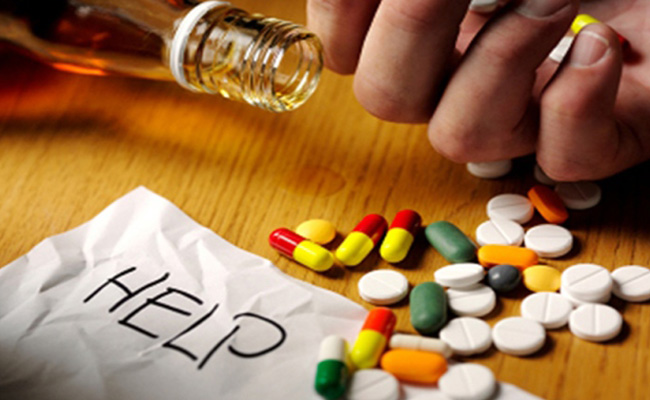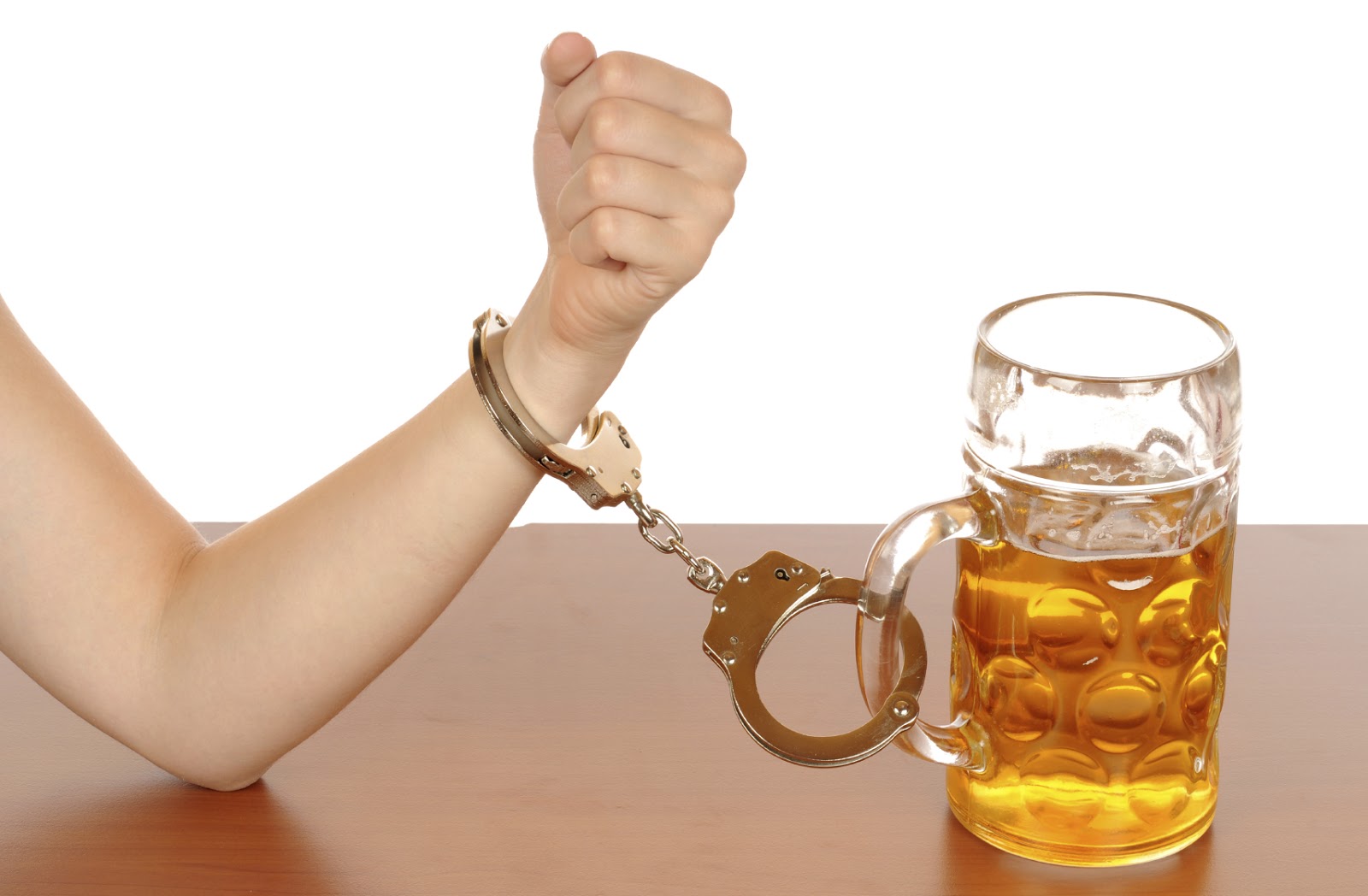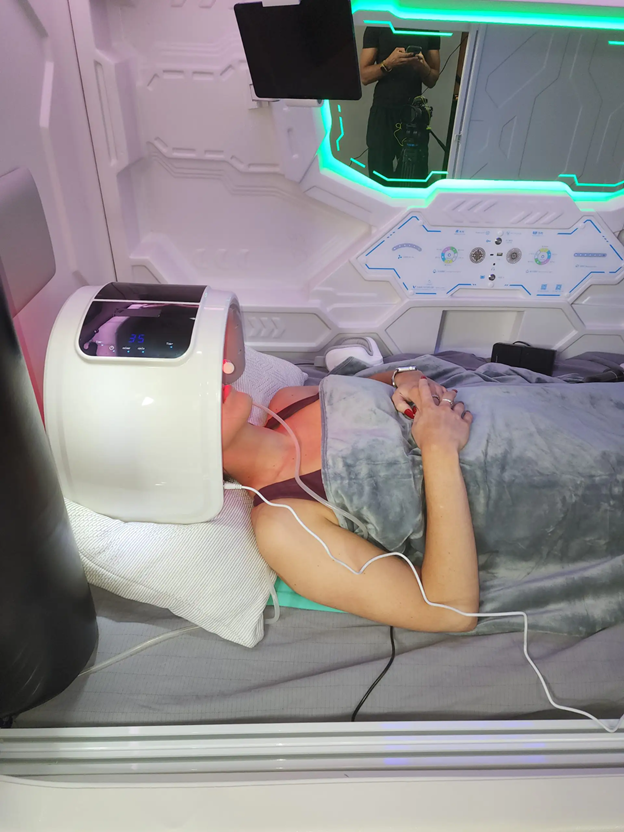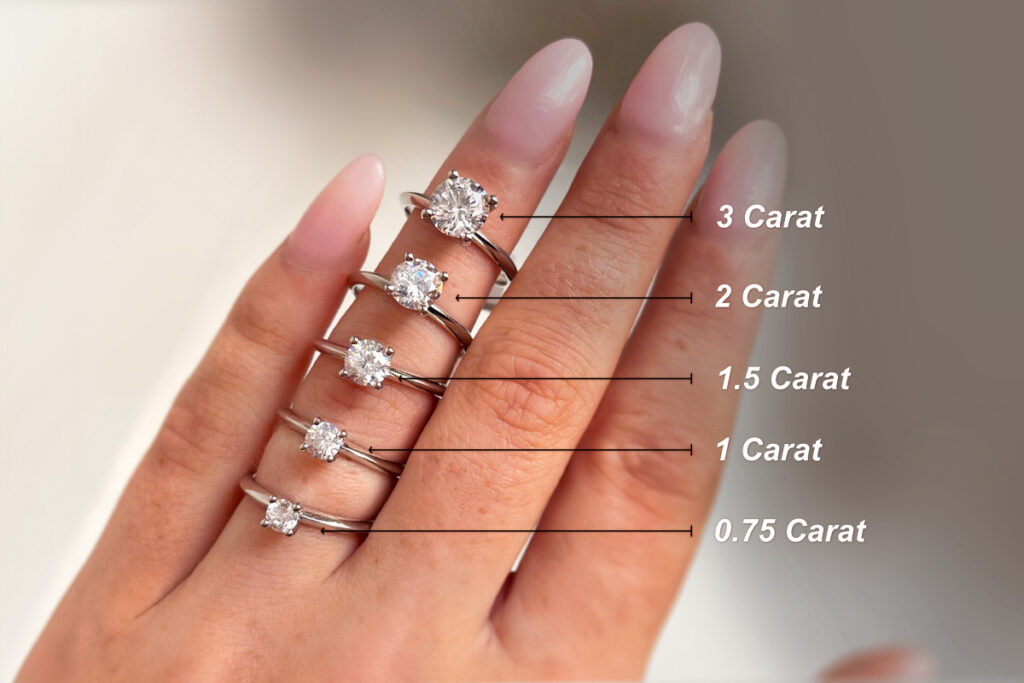
People who have been successful with their journey in overcoming their addiction to drugs and alcohol often refer to their new lifestyle as ‘recovery’. However, addiction experts have explained that recovery involves much more than just being sober.
Defining Recovery is Unique
Part of the reason why ‘recovery’ after rehab is so hard to define is because everyone’s journey is different.
According to SAMHSA, recovery is defined as “a process of change through which people improve their health and wellness, live self-directed lives, and strive to reach their full potential.”
They also outlined 4 major impacts which support recovery; home, health, purpose, and community.
- Health: is where they are actually overcoming their addiction and choosing informed and healthy decisions themselves. These decisions support both their physical and emotional well-being.
- Purpose: using their time to conduct meaningful and useful activities. Using their own independence, and having an income and other resources to be a functioning member of society.
- Home: having a safe place of residence which is stable.
- Community: being able to create healthy relationships and a social network which provides them with extra support, friendship, hope and love.
What are the stages of Recovery?
Sobriety, what people often define recovery as, is only just the first step. Sobriety really is just the complete abstinence from illegal drugs and alcohol. This is necessary of course, but it is not full recovery – there are several other stages, although no universal agreement on this.
The stages of recovery are something as follows; early abstinence, maintaining abstinence, stable recovery, and advanced recovery.
Recovery from Addiction
Lots of people have the ability to quit or cut down on their drinking habits, and feel that this in itself is ‘enough’ for recovery. But experts believe, in order to maintain this, other parts of your life will need to be built up too. This creates a full better life without the presence of alcohol.
You should take all of the skills learnt during rehab to live a healthier, well-rounded life. This can enable you to be a better partner, parent, neighbour, friend, and a productive member within society.
In full recovery, you will be able to; address problems without relapsing, have someone you can be completely honest with, have personal boundaries and know which issues are yours, and take time out for physical and emotional restoration when it is needed.







